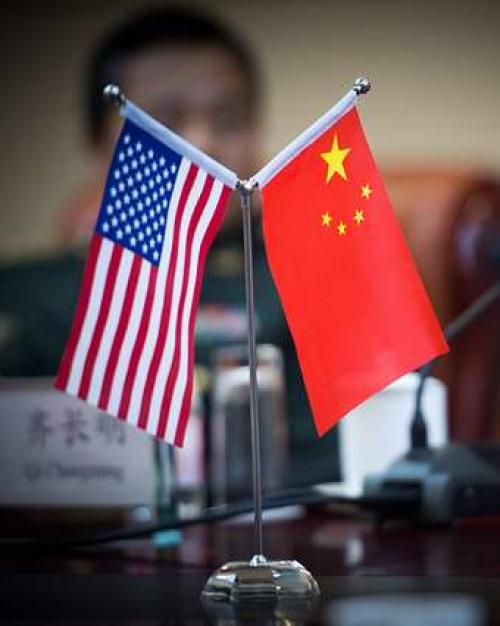There’s a view in Washington that China seeks to supplant the United States as the leading world power and remake the international system, Jessica Chen Weiss, the Michael J. Zak Professor for China and Asia-Pacific Studies in the College of Arts and Sciences, writes in an opinion piece in the New York Times. And China has fed these fears by building up its military, partnering with a revanchist Russia, pressing disputed territorial claims, and with its own rhetoric.
“But such ideological proclamations are in part motivated by insecurity – most Communist states have collapsed, and the Chinese leadership fears being next — and are meant more to instill domestic confidence and loyalty to the party than to reflect actual policy or fixed beliefs,” Weiss writes in the piece. “Ideology in China is itself malleable, rather than a rigid cage that determines policy and has been continually tweaked to justify the maintenance of one-party rule through decades of great change.”
Read the story in the New York Times.




